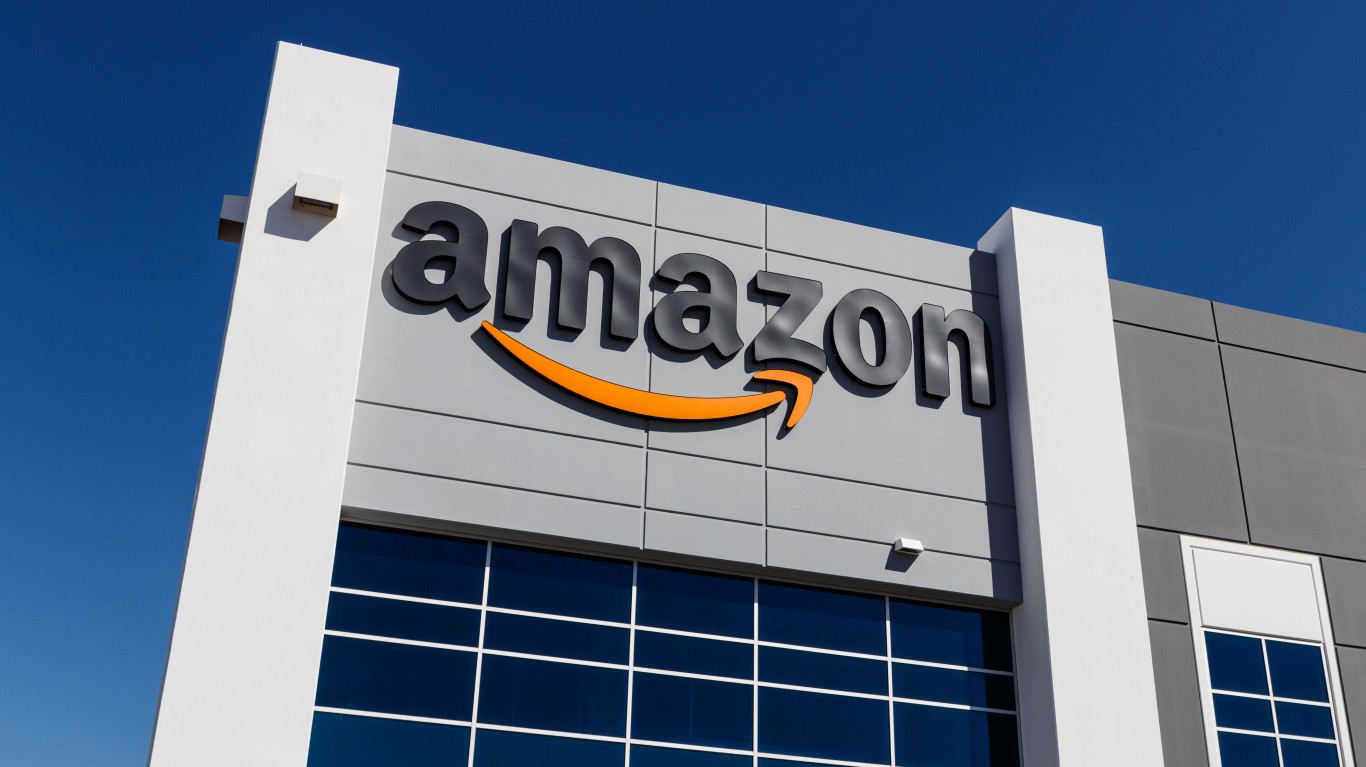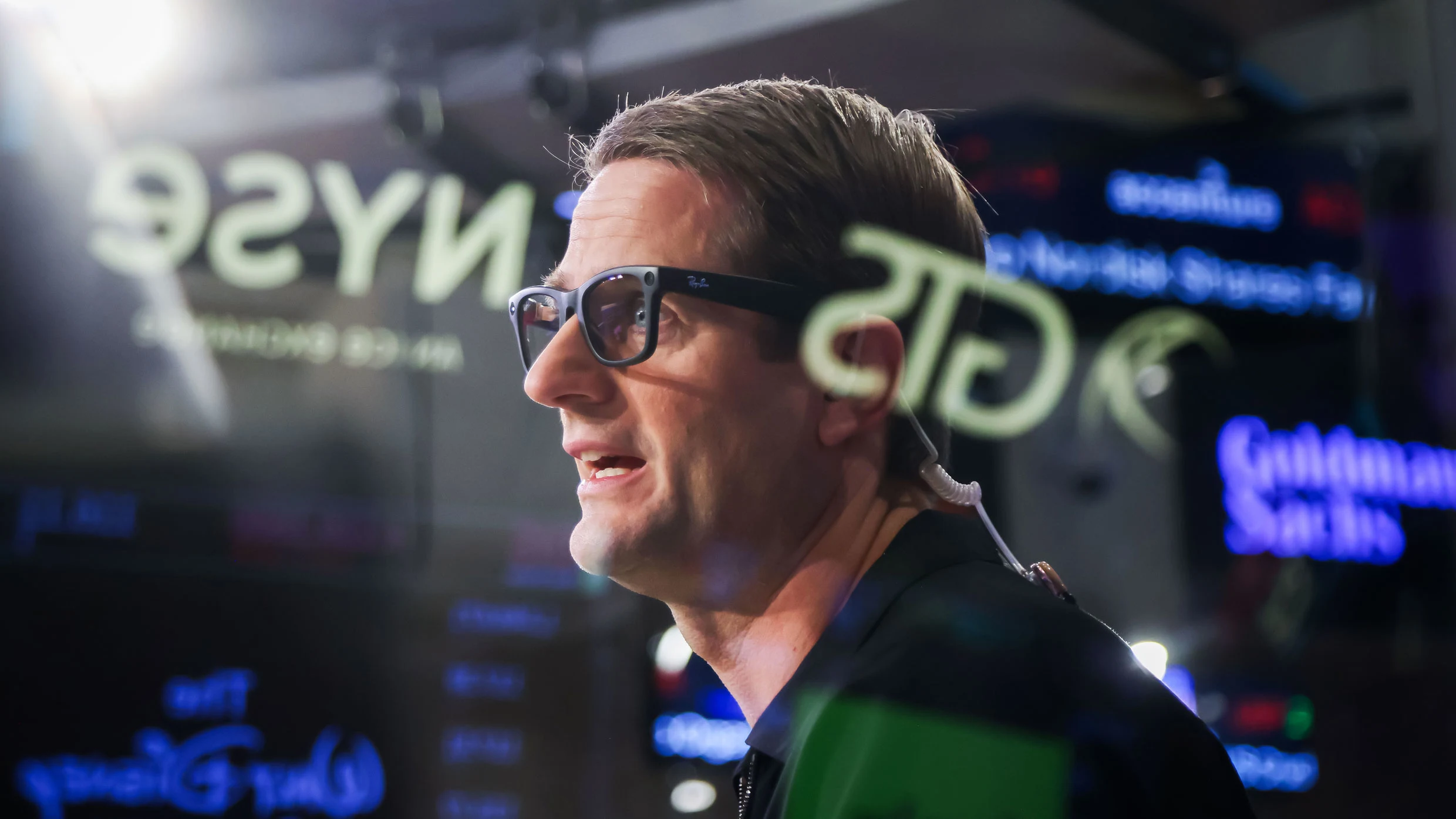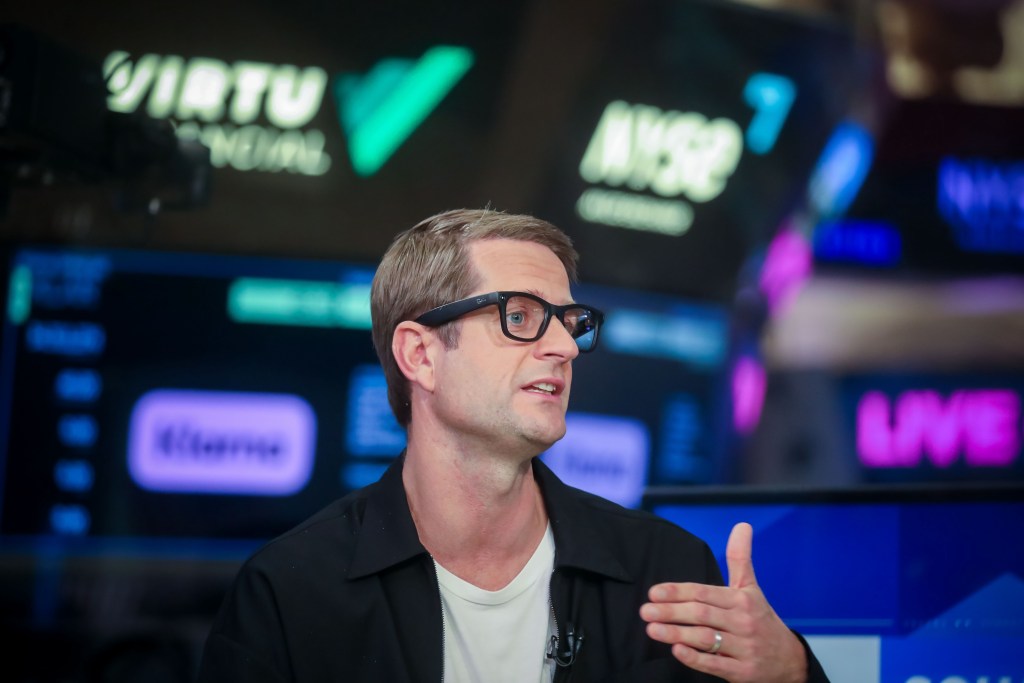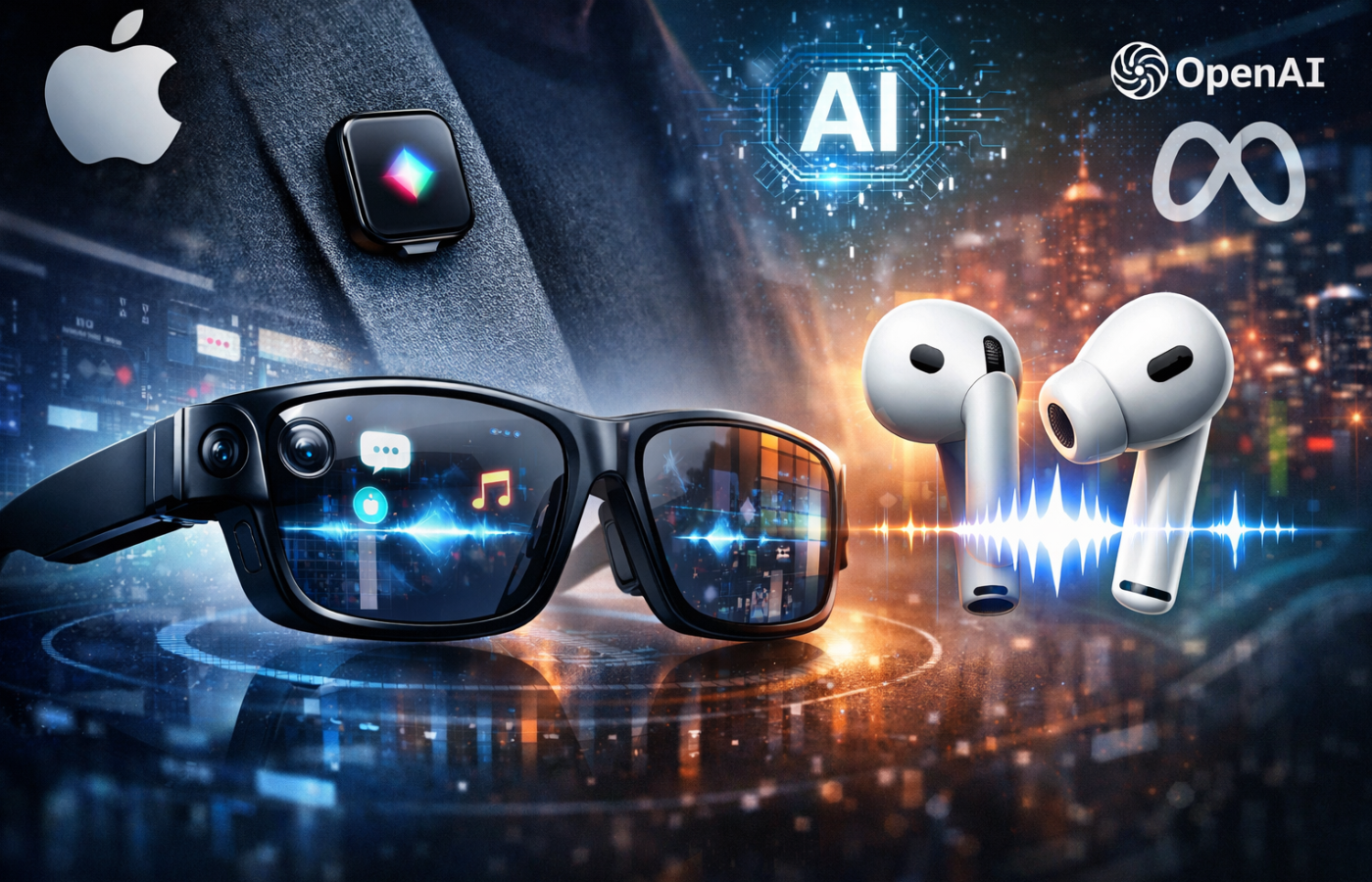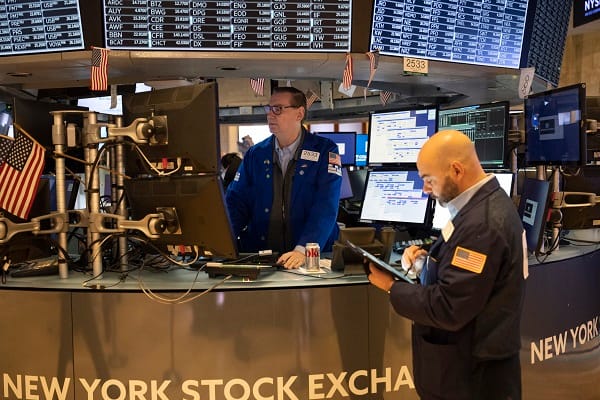Agriculture
fromBusiness Matters
1 hour agoBindbridge raises $3.8m to fight herbicide resistance with AI-designed crop protection
Bindbridge, a Cambridge ag-biotech start-up, secured $3.8 million to develop AI-driven herbicides and pest control using molecular glues technology to combat herbicide resistance.










